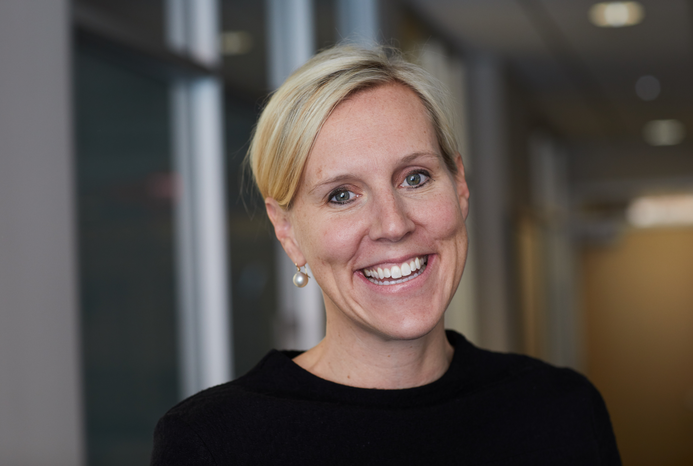Weill Cornell Medicine and GHESKIO have received a two-year $158,000 grant from LINKS to support the institutions’ work addressing high blood pressure in Haiti’s most vulnerable communities.
LINKS, an online community and resource-sharing platform that connects people working to improve cardiovascular health around the world, awarded its second round of grants Nov. 7 to 18 organizations around the world that aim to address cardiovascular disease. LINKS is coordinated by Resolve to Save Lives, an initiative of Vital Strategies, the World Health Organization, and the U.S. Centers for Disease Control and Prevention through the CDC Foundation.
The Weill Cornell Medicine-GHESKIO program will train physicians, nurses and health care workers in 30 health centers on guidelines for high blood pressure care, expand a community-based high blood pressure program, and work to ensure a supply of lifesaving blood pressure medication.
“Cardiovascular disease is now the leading cause of death for adults in Haiti, far surpassing HIV and infectious diseases,” said Dr. Molly McNairy, an associate professor of medicine and a member of the Center for Global Health at Weill Cornell Medicine, and a physician-scientist at GHESKIO Centers in Haiti. “Our patients are developing early-onset high blood pressure in their teenage and young adult years, which result in stroke and heart disease. To have the support for staff training, implementation, and strategic planning for high blood pressure for Haiti is phenomenal.”
High blood pressure causes heart attack and stroke and is the leading cause of death worldwide. A recent analysis concluded that increasing global control of high blood pressure to 70% could save almost 40 million lives in 25 years.
“Cardiovascular disease kills more people each year than all infectious diseases combined, but it remains neglected by many health systems and the global health community,” said Dr. Tom Frieden, president and CEO of Resolve to Save Lives. “LINKS is connecting champions on the front lines of work in low- and middle-income countries and sharing lessons and resources to accelerate progress.”
This second round of grant funding will support government and civil society organizations working in 18 countries. Programs will target high blood pressure in Ecuador, Jordan, Haiti, Kenya, Mongolia, Nigeria, Pakistan, and Vietnam; salt reduction in Armenia, Azerbaijan, Costa Rica, Georgia, Kazakhstan, Malaysia, Nigeria, South Africa, Tajikistan, and Uzbekistan; and trans fat elimination in Kenya and Tanzania. Funded programs include a patient-centered hypertension screening and treatment program in Pakistan, a monitoring and evaluation system for sodium reduction legislation in South Africa, and advocacy for effective regulation of trans fat in Kenya.

